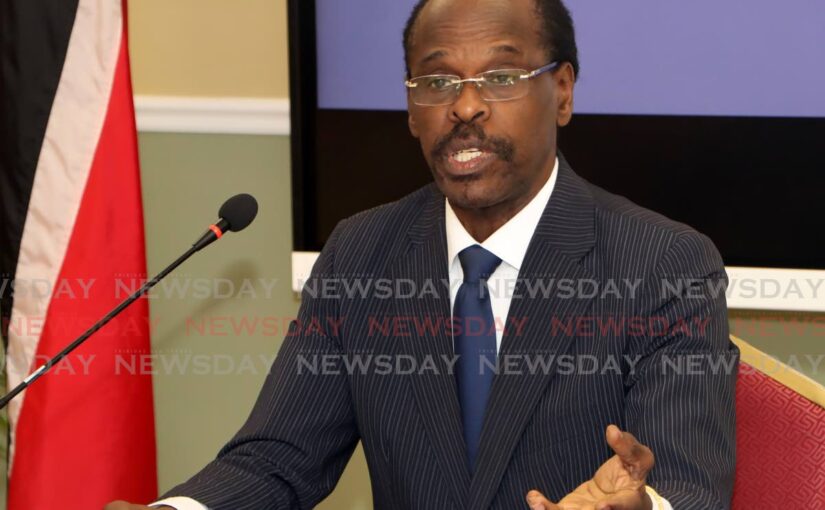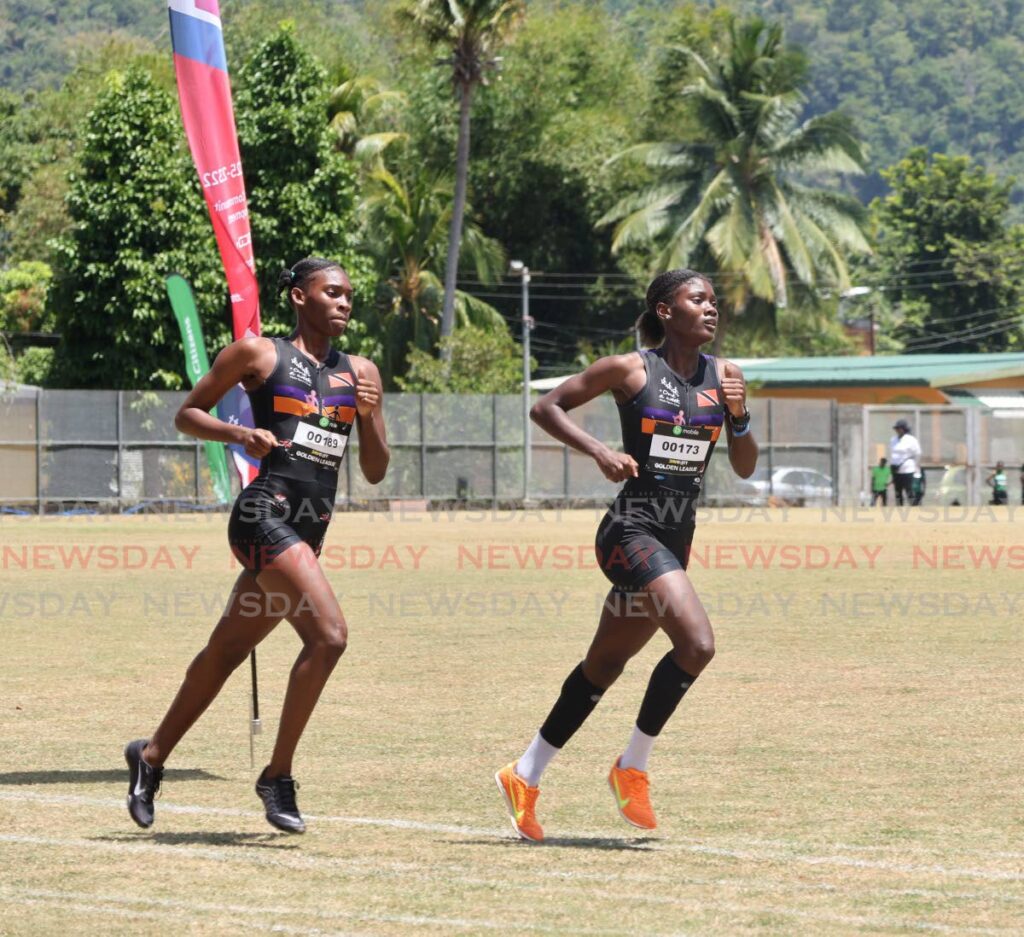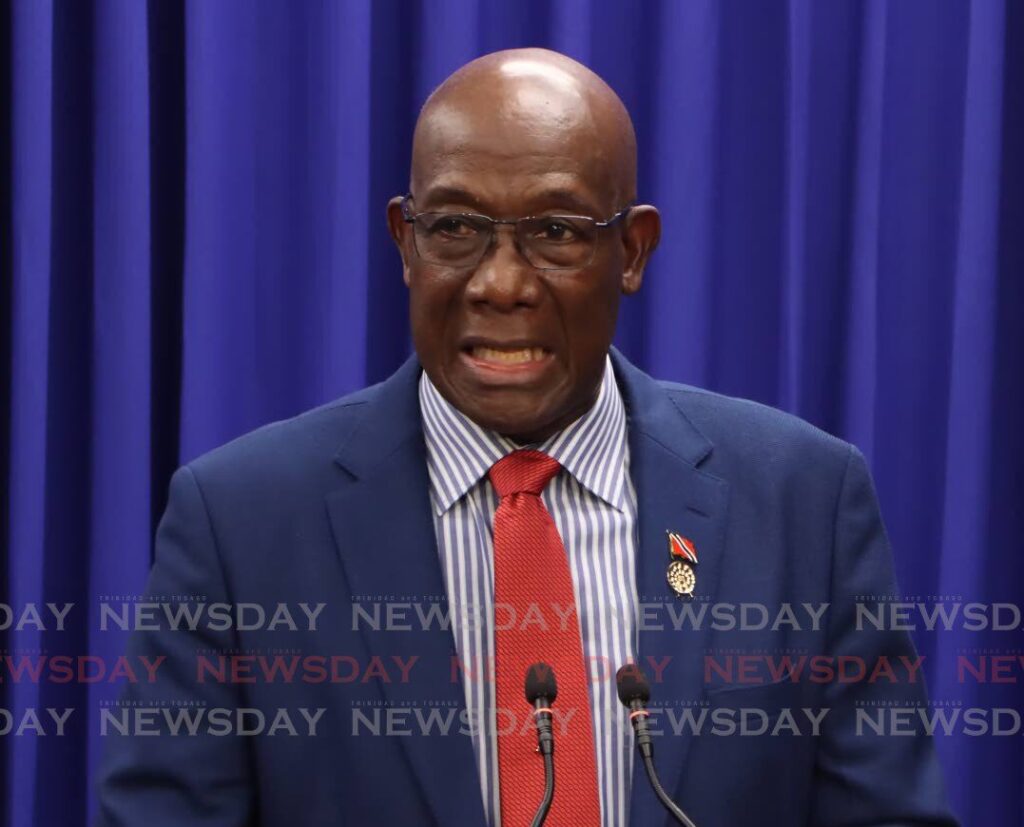Government’s hand forced
Written by Newsday on December 31, 2024

THE GOVERNMENT’S decision to declare a state of emergency on December 30 represents the triangulation of a series of delicate and conflicting considerations. All those factors conspired to force its hand to reverse its own longstanding position against adopting such a measure and shaped the unusual nature of the emergency now in effect.
There is no curfew. There is no ban on public meetings. Marches may proceed.
The Prime Minister, who announced the last emergency in 2021 (his predecessor, Kamla Persad-Bissessar announced the one prior to that in 2011), did not initially address the country.
Instead, and lamentably, a speculation-inducing two-paragraph media release was issued before a press conference presided over by surrogates hours later.
This feels new for a country already familiar, in its post-independence history, with emergencies, which were declared in the years 2021, 2011, 1995, 1990, 1971, 1970 and 1965.
The triggers of each were distinct, ranging from a pandemic to a constitutional crisis involving a Speaker of the House of Representatives.
This time around, while the government avers its actions are not a repeat of the People’s Partnership’s, the reasons given by acting Attorney General Stuart Young and outgoing Minister of National Security Fitzgerald Hinds are remarkably like those given by Ms Persad-Bissessar’s government in Parliament in 2011.
Back then, 11 murders over one weekend, coupled with the “risk of reprisal and retaliation by gangs,” affecting, potentially, “innocent citizens,” were cited.
Today, the government points to a surge in killings over the weekend and “a heightened situation” in which “there can be expected reprisal activity” and “innocent people would be affected.”
But we are left to understand the focus will be on the pursuit of joint actions by police and defence force personnel, greater police arrests, the suspension of bail and the abandonment of warrants.
In this regard, the emergency takes TT closer to what pertains in countries like Jamaica.
It feels more in the vein of a crime-fighting tool than a constitutional one, despite the claim of a specific threat. Already there are fears the situation will provide cover for otherwise extra-judicial police activity.
The truth is, with murders surpassing 600 for another year, the Cabinet had no choice but to act.
Having resisted an emergency for almost ten years, and with a general election looming, it simply ran out of road. This is its nuclear option.
It is an open question whether tentative economic recovery will withstand this move, which has been tailored to cause minimal disruption to businesses and maximum disruption to criminals. You cannot be half pregnant.
Nonetheless, we strongly urge all to comply with the law.
It is in the country’s interest for this belated measure to bear fruit.
The post Government’s hand forced appeared first on Trinidad and Tobago Newsday.




